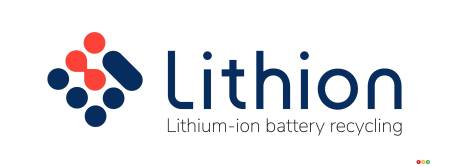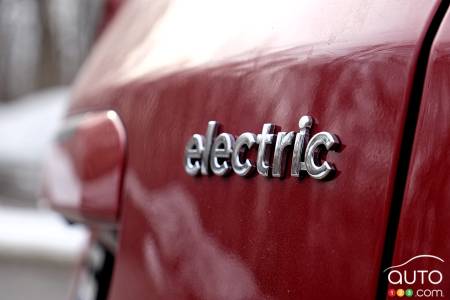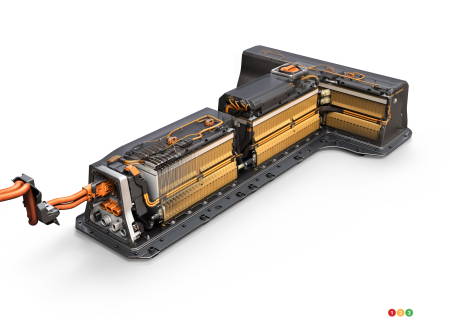Given the ever-growing popularity of electric vehicles, it’s important to note that there is still much controversy over the actual environmental footprint they create – specifically with respect to the process of producing commercial lithium-ion batteries.
Lithium is a metal that needs to be mined from the ground and extracted from a brine (a high-concentration solution of salt). Lithium is mined in many countries but the world’s top producers are Chile and China. 75% of the world’s known lithium reserves exist in what’s called the Lithium Triangle at the intersection of Chile, Bolivia and Argentina.
Unfortunately, the process is rather complex and impacts the surrounding environment heavily. Producing one ton of lithium requires 500,000 gallons of water and in these desert areas, water can be a scarce resource. The toxic cocktail of chemicals used for extraction can also seep into ground water and contaminate local areas.
The factories that assemble the batteries are sometimes located in countries that use fossil fuels like coal for electricity. Where a lithium-ion battery is made, in other words, will affect its net carbon footprint.
 - Copie.jpg?scaledown=450)
A Quebec company called Recyclage Lithion has been working on a possible solution to the twin issues of supply and pollution. The firm has developed a process by which 95% of the components of old lithium-ion batteries can be recycled and re-incorporated into new batteries.
Until recently, the process of recycling batteries was mainly focused on reducing waste volume and contamination, according to Benoit Couture, President of Recyclage Lithion.
Working in collaboration with industrial engineering expert Seneca, the lab at the Centre d'études des procédés chimiques du Québec du Collège de Maisonneuve and Le Centre d'excellence en électrification des transports et stockage d'énergie, the company has succeeded in all of its initial objectives, including treating all types of lithium-ion batteries, not generating any liquid pollutants, requiring few re-additives and recycling 95% of the batteries.

At the end of the process, the purified materials are battery-grade and can be used by manufacturers of products that use lithium, cobalt, graphite, nickel hydroxide and Manganese oxide. In theory, it’s now possible to have a lithium-ion battery made from 100% recycled material. And the recycling process can be repeated, in principle infinitely.
Next Steps
Recyclage Lithion is planning to build a pilot factory in Montreal at a cost of $12 million; it’s slated to begin operations in 2020. The technology is promising enough that the Sustainable Development Technology Canada foundation is contributing $3.8 million to the project. The goal of the factory is to perfect and validate even further the processes over a period of two years so they can be pitched to potential clients. The factory will be able to treat up to 200 tons of used batteries per year.
In years to come, a commercial factory will eventually be built with a capacity to process 2,000 tons per year. With an eye to scaling up even more, Benoit Couture predicts that eventually there will be factories capable of recycling 10,000 tons per year. Ideally these facilities will be located near automotive assembly plants. In his view, it’s not unreasonable to envision 10 or so of these factories operating in Europe and North America. There should also be strong demand for them in Asia, where electric cars are growing in popularity as well.





